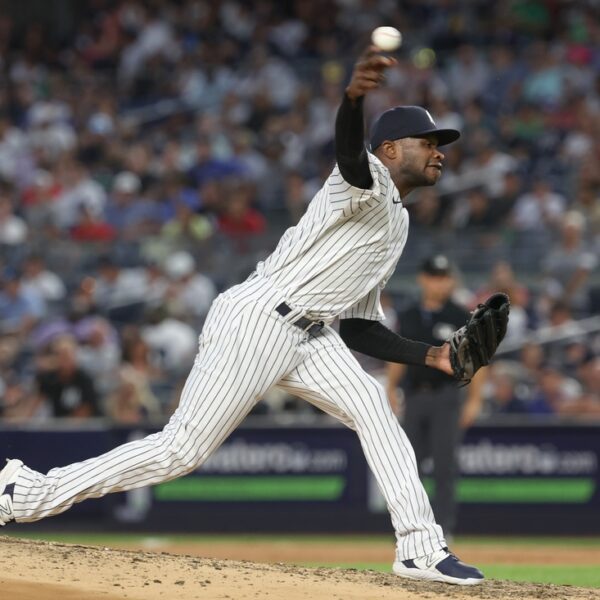
YouTube may have started as a site to share home videos, but now it’s one of the most powerful platforms in the world: From entertainment to advertising, it’s spawned billion-dollar careers and birthed a global creator economy, turning individuals like MrBeast into household names.
But when its founders sold the popular video platform to Google for $1.65 billion in fall 2006, not even they could have predicted just how massive it would become—or how much more they could have made.
At the time of sale, each cofounder—Chad Hurley, Steven Chen and Jawed Karim—received millions of dollars worth of stock: Hurley, YouTube’s CEO at the time, received shares worth some $345 million by the time the Securities and Exchange Commission documents were released a few months later, according to The New York Times. Chen its CTO received some $326 million worth and Jawed Karim, who left the venture early to go back to school, got $64 million worth.
“This is great,” Hurley said in a video posted when the sale was announced. “Two kings have gotten together. The king of search, the king of video have gotten together. We’re going to have it our way.”
YouTube’s sale price to Google is just a fraction of its estimated $550 billion value today, according to a MoffettNathanson research note reported by Variety. That’s a 333x increase (unadjusted for inflation) from nearly two decades prior. While it’s difficult to pinpoint exactly, had Hurley and Chen received the same percentage of the sale today as they did in 2006, each could have walked away with more than $100 billion each.
Hindsight is 20/20 when it comes to selling
Last year, YouTube brought in some $54.2 billion in revenue, and this year, it is expected to surpass Disney to become the largest media company by revenue in the world, Variety reported. YouTube’s record-setting successes highlight how Google was able to overcome issues that the video platform’s founders struggled with early on—including operating losses and copyright lawsuits—and its paid off dividends.
But YouTube’s masterminds are far from the only business leaders that have seen their company soar after exchanging ownership.
During the first two weeks of Apple’s existence, the company’s lesser-known third cofounder Ronald Wayne checked out and sold his 10% stake—netting him $800 at the time, plus $1,500 to forfeit any claim to the company for good. However, his 10% share could now be worth between $75 billion and $300 billion, thanks to the company’s now $3.2 trillion market cap.
These stories also exist outside of tech. For example, the founder of iconic pasta brand Chef Boyardee sold the company in 1946 for $6 million. Over the decades, the company exponentially grew its operations, expanding to multiple lines of canned and microwavable goods. And just this year, the brand, including its over 500-person strong factory, was sold to private equity for $600 million—a 10,000% increase in value.
And in the case of Chef Boyardee and YouTube, it’s unclear whether such massive growth would have been achieved without the backing of larger corporate owners. For the founders, it means weighing up selling early and leaving future billions on the table—or holding on and risking the company never reaching its full potential.















